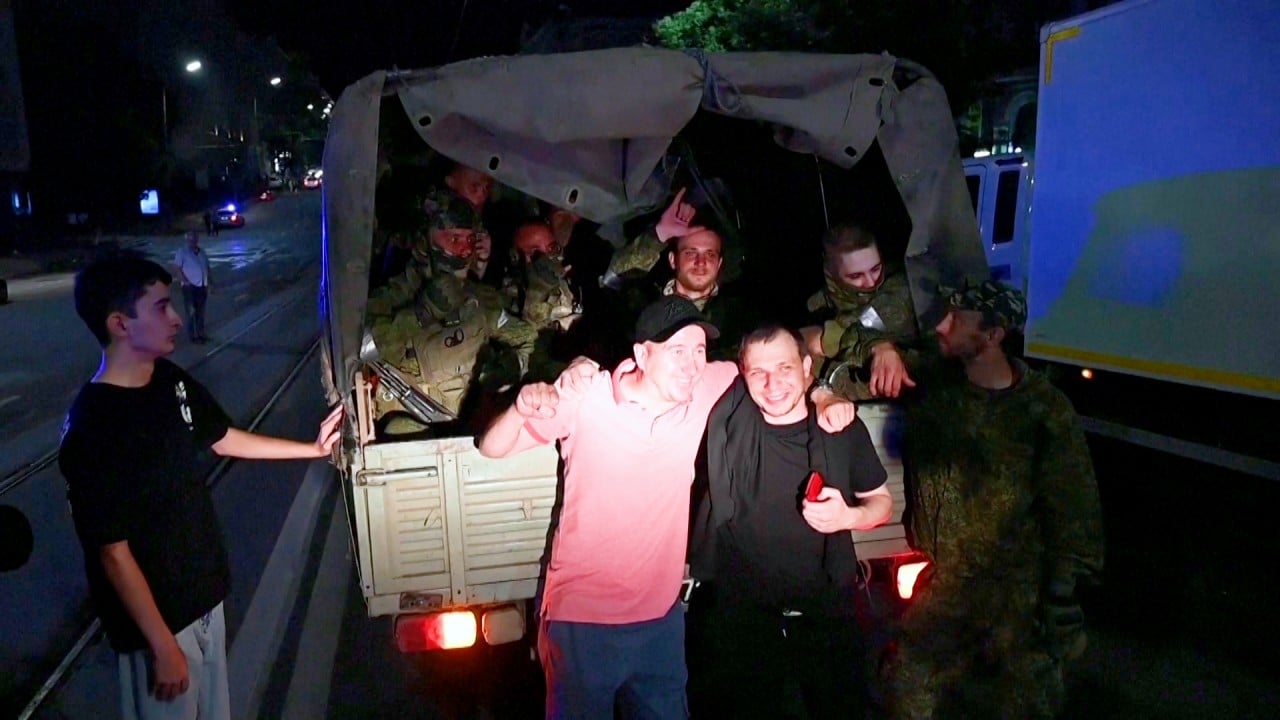
After Wagner Group, mercenaries prowl cyber grey zone amid rise in spy-for-hire services
- Cyber mercenaries have been expanding their footprint to take advantage of a larger market for spyware and cyber-offensive operations
- Discerning cybersecurity firms from cyber mercenaries becomes all the more challenging in the lawless expanse of the internet’s Wild West

However, this success story turned into a media nightmare when the spyware was allegedly misused by criminal organisations and to suppress human rights activists.
In this respect, the belief that only governments could develop and deploy sophisticated malware has been shattered.
Amid this landscape, a new trend emerges – the commodification of military-grade spyware. Private cybersecurity firms now offer spy-for-hire services, adding a new dimension to the age-old practice of intelligence for hire. Increasing demand, lack of regulation, and a low barrier to entry have all helped make mercenary cyber espionage a fast-growing industry, worth an estimated US$12 billion per year.
Governments are still prone to develop their own tools, as is the case with Iran’s SIAM spyware, a computer program that works behind the scenes of Iranian cellular networks. The system provides its operators a broad menu of remote commands to alter, disrupt, and monitor phones.
According to a 2022 report by US news site The Intercept, these tools possess the capability to monitor the movements of individuals or even large groups, aiding governments in suppressing protests during their nascent stage.
Nevertheless, the availability on the market of hacking tools for hire is an easy fix for any regime looking to fill a security gap for a limited price. Between 2011 and 2023, a study published by Carnegie showed at least 74 governments, including China, contracted with commercial firms to obtain spyware or digital forensics technology.
As mercenaries on the ground thrive in promoting chaos, their cyber counterparts are exploiting the need for state and non-state actors to acquire cyber-offensive capabilities that are easily deployed at the push of a button.
Discerning cybersecurity firms from cyber mercenaries is no simple feat, however. Identifying the moment when private-sector endeavours to bolster government espionage cross the proverbial red line becomes all the more challenging in the lawless expanse of the internet’s Wild West.
The early rise of the Wagner Group offers a telling example. It was cleverly disguised as a private military company despite lacking incorporation and having the Kremlin as its sole client. Failing to distinguish between legitimate cybersecurity firms and cyber mercenaries will only foster a dangerous sense of impunity.

Hacking as a service is a very fluid area, and the line that separates cyber defence from cyber mercenaries is easily blurred. At the same time, the ongoing high demand for intrusion technology contributes to the resilience of the commercial spyware and digital forensics market.
Amid all this, the lucrative and rapidly expanding cybersecurity industry remains susceptible to exploitation.
Despite the Wagner Group’s rise elevating the need to curb the malevolent impact of mercenaries, international endeavours to regulate invasive hacking software and cyber mercenaries remain disjointed and still in their infancy.
The brief but daring armed mutiny of the Wagner Group, advancing towards Moscow and challenging its ultimate owner, therefore serves as a powerful cautionary tale, not just for traditional boots on the ground, but also for those in the cyber realm.
Alessandro Arduino is an affiliate lecturer at the Lau China Institute and King’s College London. He is the author of Money for Mayhem: Mercenaries, Private Military Companies, Drones, and the Future of War.


